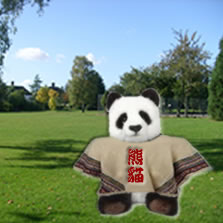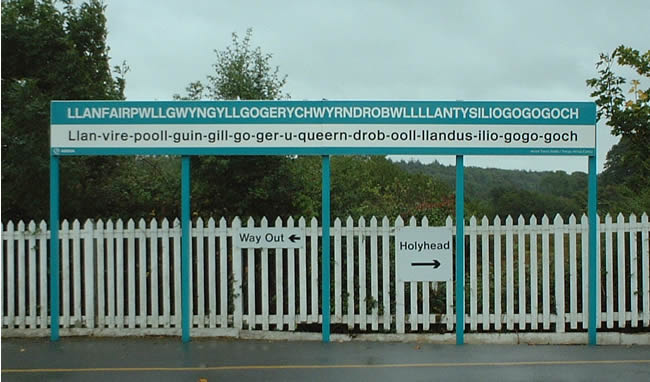Korriganed are apparently small creatures that live under standing stones (dolmen/menhirs) in Brittany. They feature in one of the lessons in my Breton course and are explained thus:
“Les korrigans doivent être des êtres particulièrement petits, puisque ce mot est formé de korr, “nain”, puis du diminutif -ig puis du’un autre diminutif – obsolète aujourd’hui – -an. Il s’agit donc de “petits petits nains.”
Or
“The korrigans must be particularly small beings, since the word is formed from corr, “dwarf”, and the diminutive -ig and the another diminutive – now obsolete – -an. So they are “little little dwarfs.”
When I read the explanation in French I saw the word nain and thought it was the Welsh word for grandmother, not realising that is means dwarf or midget in French. So for a while I believed that the Korriganed were tiny grandmothers. Later I realised my mistake and discovered the actual meaning of that word.
According to legend, the Korriganed erected the standing stones in Brittany.
Do you mistake words in one language for words in another at all?


